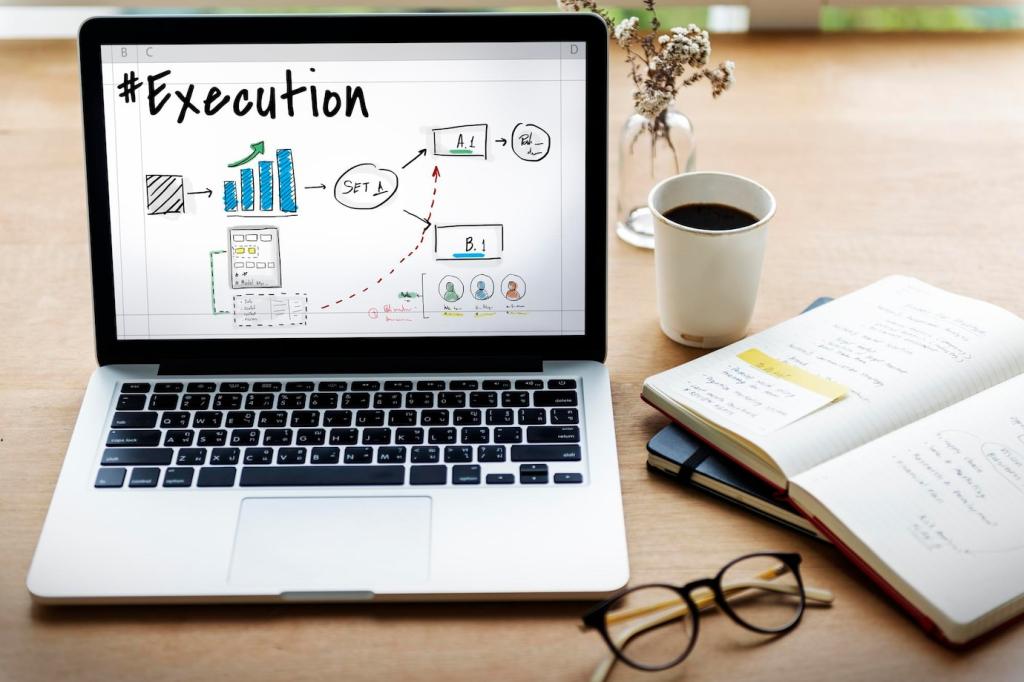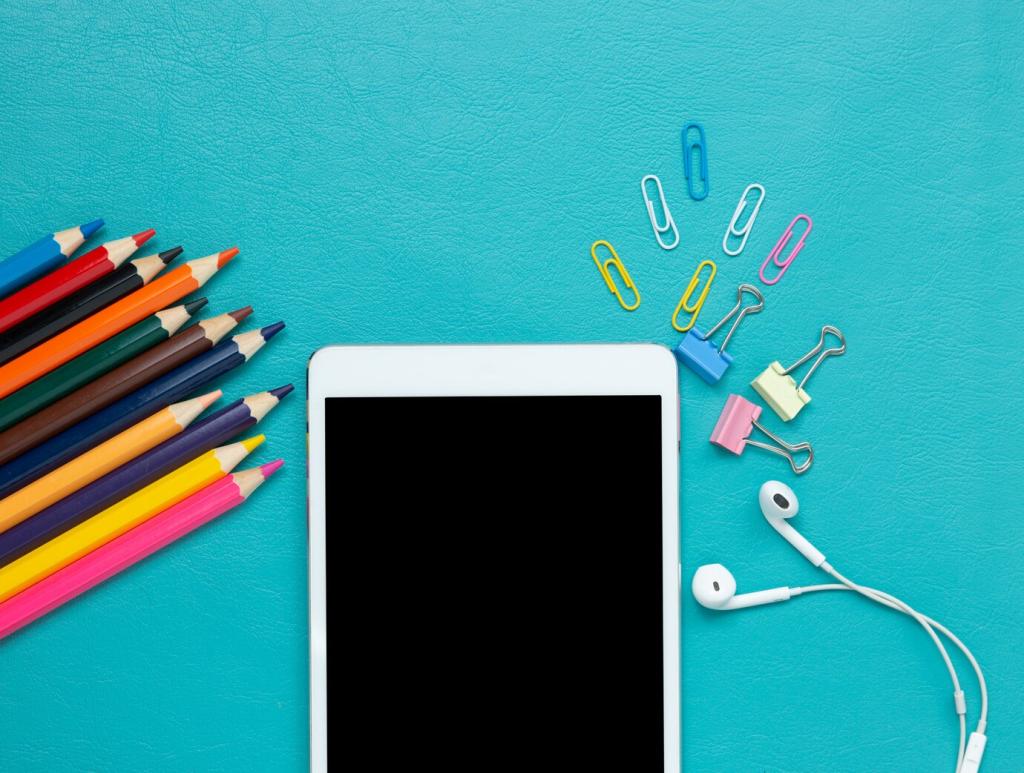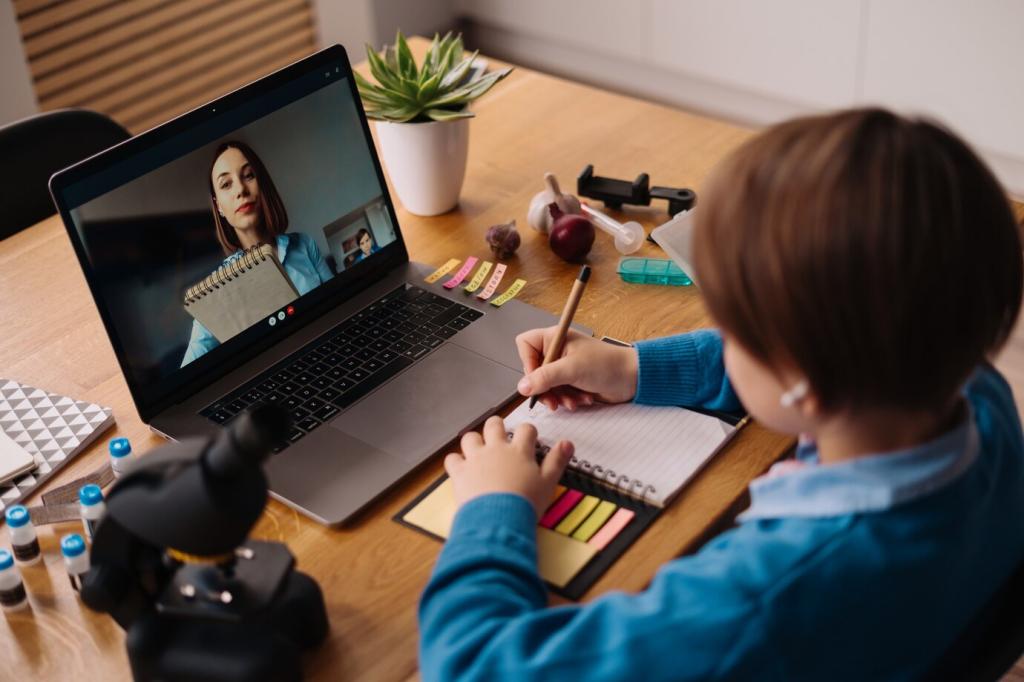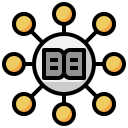
Digital Encyclopedias: A Resource for Collaborative Learning
Chosen theme: Digital Encyclopedias: A Resource for Collaborative Learning. Step into a living library where students, educators, and curious minds co-create knowledge. Discover practical strategies, inspiring stories, and ways to participate—subscribe, comment, and help shape this collective classroom.
What Makes a Digital Encyclopedia Truly Collaborative
Digital encyclopedias harness the wisdom of many contributors, from novices to scholars, while categorization and references keep information navigable. This collective structure supports collaborative learning by rewarding curiosity, encouraging feedback, and turning individual insights into shared, reliable knowledge.


What Makes a Digital Encyclopedia Truly Collaborative
Unlike static textbooks, entries evolve through edits and discussions. Version histories reveal how ideas change, making learning visible. Students studying digital encyclopedias can analyze revisions, evaluate sources, and learn to participate respectfully in ongoing knowledge conversations.
Group Assignments that Publish to the World
When students write entries or improve stubs, they experience purposeful writing. Knowing real readers will see their work raises motivation, deepens research, and strengthens collaboration because teammates depend on one another to meet community standards.
Scaffolded Research that Builds Confidence
Start with source evaluation, then move to summarizing, paraphrasing, and citation. Incremental milestones within digital encyclopedias help learners gain confidence, while rubrics emphasize clarity, neutrality, and reliability instead of flashy but empty prose.
Authentic Peer Review as Assessment
Talk pages and edit summaries model professional critique. Students practice giving constructive feedback, defending choices with sources, and revising thoughtfully. The result is assessment that measures collaboration, persistence, and ethical information use.
Inclusivity and Access Through Open Knowledge
Beginners can start by fixing typos, improving formatting, or adding citations. Small acts matter. As confidence grows, learners tackle deeper edits, demonstrating that collaborative learning thrives when everyone contributes according to their strengths.



Trust, Accuracy, and Digital Literacy
Great entries rest on multiple credible sources. Students practice triangulating facts, distinguishing primary from secondary materials, and building reference lists. This habit enriches collaborative learning by grounding contributions in verifiable evidence.
Trust, Accuracy, and Digital Literacy
Neutral tone does not mean bland writing; it means fair representation. Learners compare phrasing, weigh perspectives, and revise loaded language. This reflective practice sharpens judgment and fosters respectful collaboration across differences.
Stories from Classrooms and Communities
A Ninth-Grade Edit-a-thon that Changed Research Habits
One class updated local history pages with archival newspapers. Students who once dreaded citations became champions of footnotes. Their favorite moment: a town historian thanked them for correcting a long-misquoted date.
A Librarian’s Gentle Revolution
A campus librarian trained volunteers to improve climate science entries. Weekly workshops mixed tea, sources, and patience. Contributors reported newfound confidence and a stronger sense of purpose in collaborative learning beyond grades.
Preserving Community Knowledge
A neighborhood group documented a disappearing market culture: historic vendors, seasonal recipes, and oral histories. Digital encyclopedias became a bridge between elders and students, ensuring memory endures through collaborative storytelling.
Practical Toolkit for Educators
Starter Prompts and Clear Rubrics
Offer prompts like “Improve the sourcing of an underdeveloped article” or “Translate and contextualize a short entry.” Rubrics should reward citation quality, collaboration, clarity, and respectful communication alongside content accuracy.

The Future: AI, Ethics, and the Knowledge Commons
Teach students to use AI for brainstorming outlines or finding candidate sources, then verify everything. The human role remains central: judgment, synthesis, context, and empathy guide truly collaborative learning.
The Future: AI, Ethics, and the Knowledge Commons
Pair automated checks with human review. Students learn to scrutinize claims, trace citations, and flag hallucinations. This balance keeps digital encyclopedias reliable while preserving the craft of careful editing.
